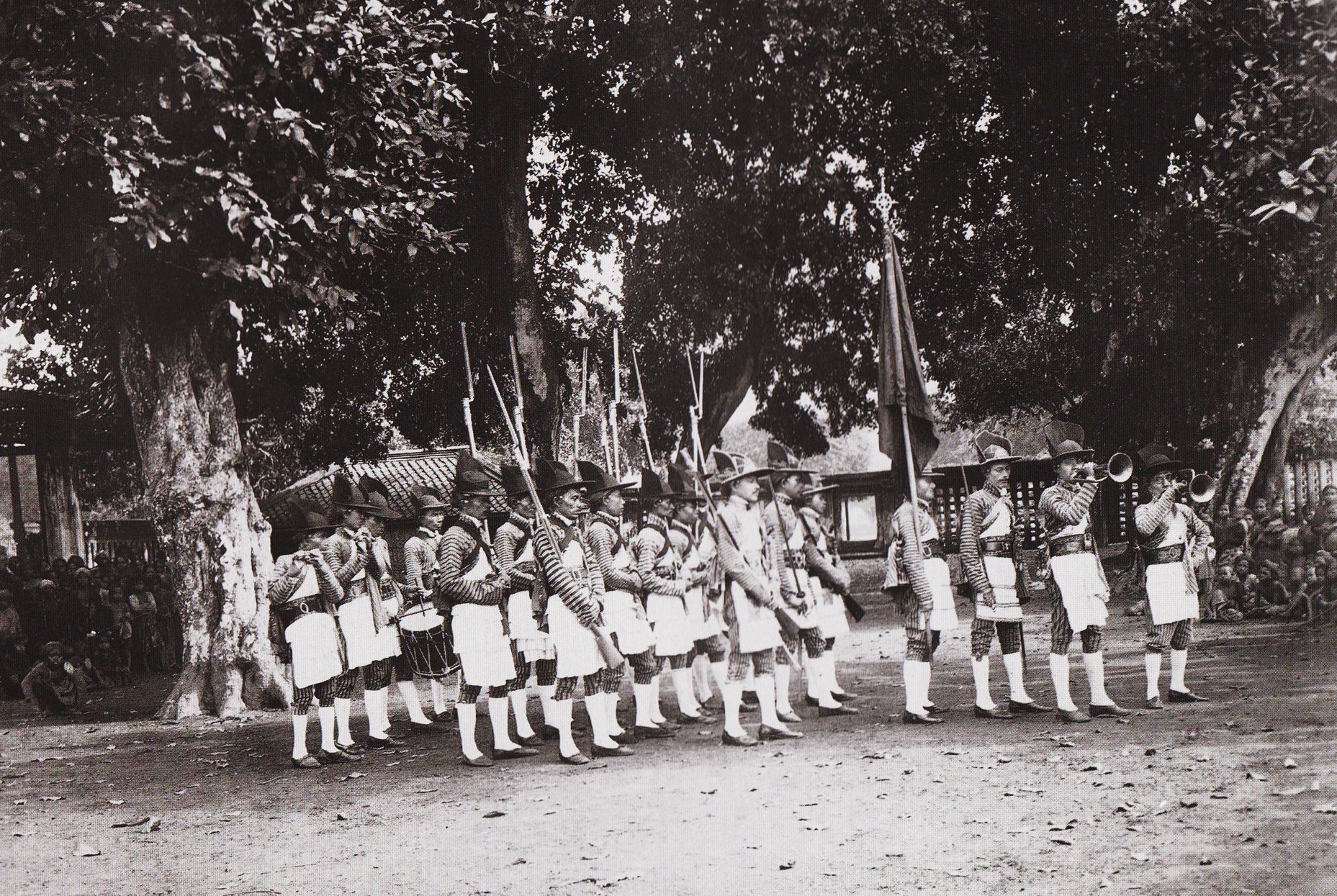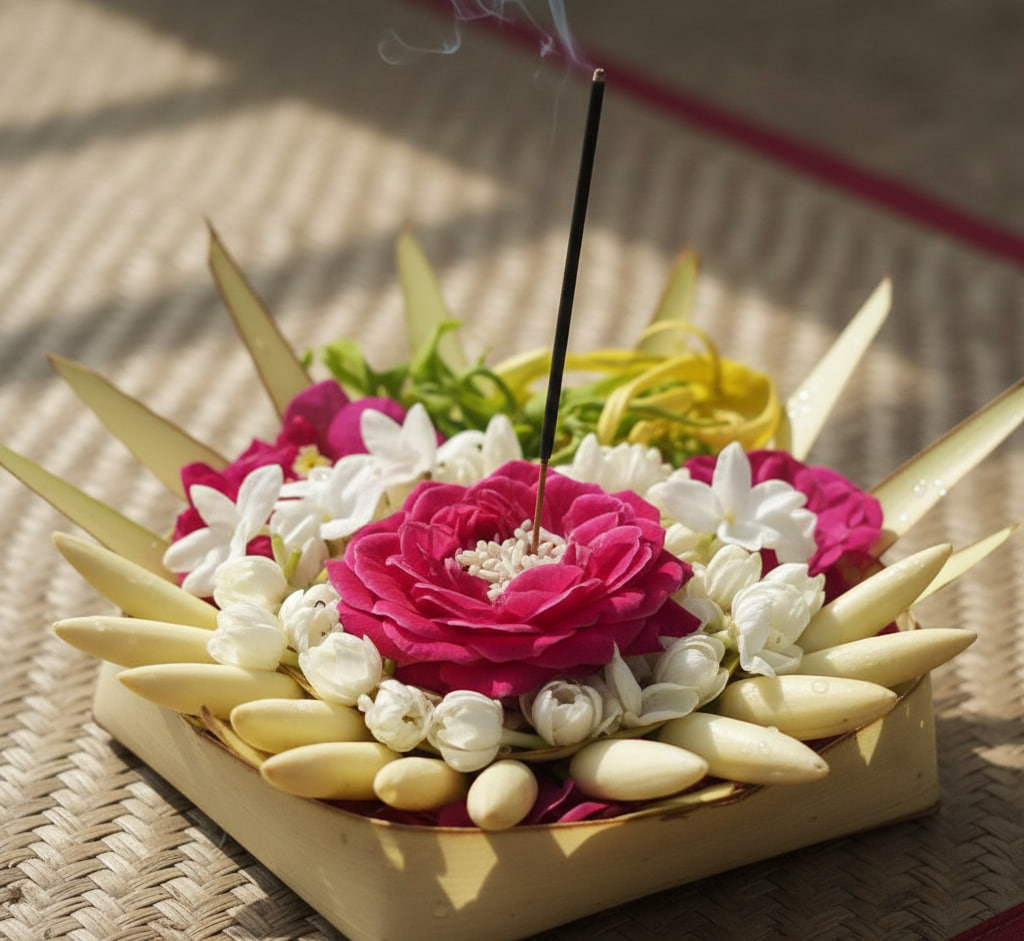News
The Role of Javanese Women in Traditional Household Artifacts at Sonobudoyo
Behind the ritualistic and seemingly rigid structure of traditional Javanese household life lies the profound role of women. From the kitchen to the living room, from the bedroom to ceremonial spaces, Javanese women have been the key figures in maintaining balance and harmony. At Sonobudoyo Museum, the collection of traditional household artifacts offers a glimpse into how significant women's contributions were in shaping and preserving traditions, values, and daily life practices.
Traditional Javanese household artifacts—ranging from cooking utensils and weaving tools to beds—often radiate a strong association with women. The kitchen, for example, is regarded as a sacred space for women. It is not just a place for preparing meals, but also a setting for instilling values such as cleanliness, sincerity, and communal cooperation. The collection of kitchen tools at Sonobudoyo, including pots, mortars, and stoves, narrates how women served as the heart of the family, bridging cultural practices and daily needs.
Javanese domestic life is closely tied to rituals and customs where women play vital roles. Women often act as organizers of various ceremonies, from small-scale gatherings like selamatan to grand traditional weddings. Artifacts related to these ceremonies, such as offering equipment, prayer altars, and wedding accessories, illustrate the central role of women in nurturing and preserving family and communal traditions.
The museum's collection of traditional woven fabrics also highlights women's roles. Javanese women seated behind the looms weave life stories through the threads they arrange. Every motif on the woven cloth carries its own meaning and history, and it is the women who become the link between the past and the future. These textiles serve not only as garments but also as symbols of status, identity, and tradition passed down through generations.
Beyond that, Javanese women are instrumental in maintaining household harmony through their roles in family education. The simple yet meaningful household furniture—such as beds and dining ware—reveals how women managed the home to ensure it remained clean, comfortable, and full of love. Every item in a traditional Javanese home has its own meaning and place, and women are the primary guardians of this order.
Through its artifact collection, Sonobudoyo Museum allows us to witness how Javanese women have played crucial roles in sustaining cultural continuity. In the quiet presence of these well-preserved household objects, we can feel the strength and dedication of women who contributed their energy and wisdom for the sake of their families, communities, and a living culture that endures within every corner of the home.
Just like the everyday cooking tools they used, Javanese women have quietly upheld traditions, serving as the silent foundations of cultural preservation. Through these artifacts, we are invited to appreciate their humble yet heroic contributions in building and safeguarding a priceless cultural legacy.



